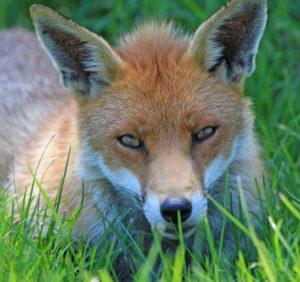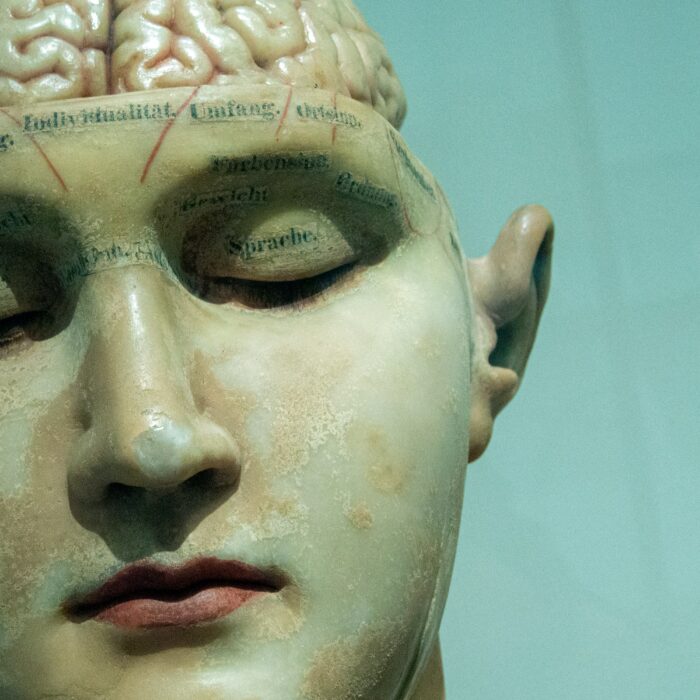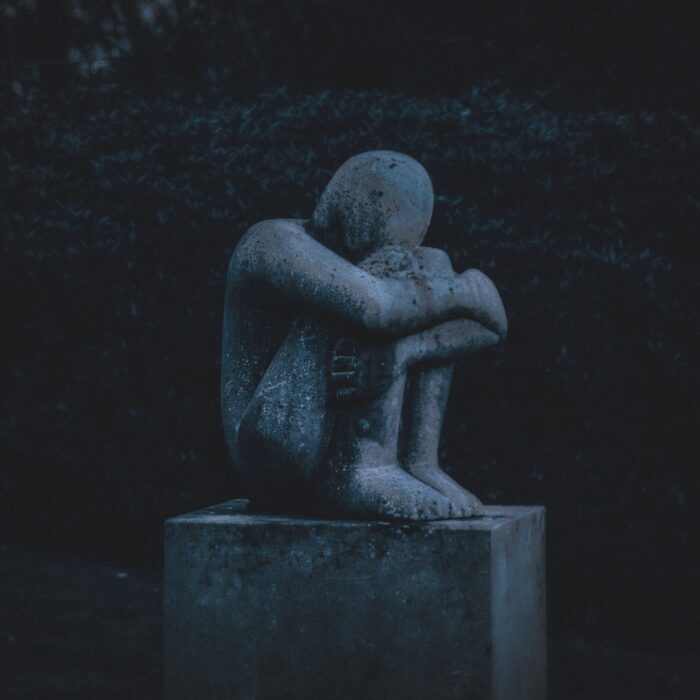You have no items in your cart. Want to get some nice things?
Go shopping Someone took a photo of my teddy bear. It doesn’t matter that a bit further on down the line, moth-eaten and dried, he finally fell apart. The image persists if anybody cares to look at it. Since the night of the flying foxes my mother does, that’s for sure. She can be very forgetful nowadays.
Someone took a photo of my teddy bear. It doesn’t matter that a bit further on down the line, moth-eaten and dried, he finally fell apart. The image persists if anybody cares to look at it. Since the night of the flying foxes my mother does, that’s for sure. She can be very forgetful nowadays.
This alarms her but I’ve noticed that studying the brown-bear picture keeps her steady. Most likely, the sight of a cuddly toy makes everything else seem just as safe. For bear, think bearable! Life is more bearable when she’s occupied like this. She can breathe more easily. It feels as if there is all the time in the world. She is fending off the possibility of loss. And you could argue there’s a lot more scope for her in the image than with the bear itself. The image is a safe haven where she hoards whatever memories are left.
My mother taps at the beveled edge of the pic to focus my attention; make sure I am taking in the details. After a while though she’ll start to get restless because at another level she is hoping to find something more. She’s on the lookout for a sign of devotion in me. I always understood this but to start with I resisted.
The teddy’s sewn-on smile is his dominant feature. It was the best of him, not to be forgotten in a hurry. His wavy brown fur is abundant. A little faded, but maybe this is the pic itself. Either way, the photo of him is not quite the same as the him I remember, because in reality most of his fur was missing. I’d eaten it. Tearing it off his woven fabric torso with my gummy-teeth, chewing his crinkly ears. Or this is what I’m told.
“You loved your teddy bear,” my mother likes to say. “And you had such a sweet way of saying his name. It was so cute. Everybody laughed.”
She laughs too when she tells me this. It bursts out of her all in a fizz as she sags down in her high-backed chair or lies flopped out across the swingbed seat on the patio of her bungalow, if it’s a sunny afternoon. Her eyes squint whenever she brings up this subject, as though the flavour of the past is embedded in the words and she’s trying her very best to taste it.
After the bear had fallen apart my mother kept his kapok innards in a carrier-bag till she found someone who could remake him. He came back as tiny twins; one pink, one blue, each with a silky sheen.
“Look, it’s your teddy bear. Surely you can’t have forgotten him,” my mother said, holding a furry-shiny twin in either hand and leaning them forward as though in a comedy act. It was my eleventh birthday.
“How can it be?” I’d asked her.
“They’re made of the same stuff. Therefore they are one and the same,” she told me in glowing tones.
“But the bear is a brown colour in the photo,” I reminded her pointedly after a minute, my mother’s enthusiasm making my voice turn sullen.
“That’s of no consequence if it’s still the same substance underneath,” she muttered, now put out. Then she perched the twins on the edge of the mantelpiece next to my birthday cards and said no more on the matter.
I had my doubts. Apart from which I no longer cared about the original bear, let alone the twin bears. I was eleven years old and in my mind, well on the way to becoming a teenager. I could hardly take any interest in the subject.
My mother wanted me to admit to having a special feeling for this old bear and these new smaller bears. She wanted the two of us to share a love for them, but the more I saw this requirement in her eyes the faster I moved away from complying. The next day she took another photo, to have an up-to-date record. The twin baby bears – Castor and Pollux, as I was supposed to call them – are propped up against the pillow of a bed. I don’t think it could have been my bed because I always made good and sure to keep these twins well away from my personal space. But the pic is in the album with the other one all the same.
“You always had to have your teddy sitting next to your plate,” my mother was fond of recounting. “Otherwise you wouldn’t eat your tea. I’ll never forget the time we went to stay in that B&B in Budleigh Salterton and you screamed and hollered to have him on the table and the landlady said it would be alright in the end, but only because of the racket you were making. All the other guests in the dining room thought us a very funny family.” This observation always seemed to delight her.
“You called him Taddy Beer,” she’d say, her eyes turning misty; her voice flowing over into sentimental.
My mother exalted in constant reminders of this. She would never allow me to forget.
“Why did I call him that?” I sometimes asked her, to be encouraging, when I’d become old enough to no longer fear her cellophaning me into a fairy-tale world from which I would never escape. For I now recognised that these simple words linked the past and present for her, giving a sense of unity.
“You were saying Teddy Bear, of course. That’s the way his name came out on your baby lips. I tried over and over to tell you the right way to pronounce this but it didn’t make the least bit of difference.”
The attachment my mother had always felt took on a further dimension recently, after she’d had a scary dream. She’d heard this awful howling coming from somewhere at the bottom of her garden, is what she had claimed. Then these foxes with wings had flown out above the line of trees and attacked her. They had torn at her head till it split open and all her precious memories tumbled out into a trashy heap and were then pulled away forever, strand by flimsy strand. I’d reminded her till I was exhausted from repeating it, that we used to walk Taddy Beer out in my go-cart down the woodland path on sunshiny days when I was little and nothing nasty had ever happened to us. It took a lot of persuasion to get her to even go into her garden again. But finally she was soothed.
*
We are sitting on the patio. It’s a late summer afternoon. My mother has her photo album resting against her knees. This is the sanctuary where her precious images are stored. She is peering across at the line of bushes and trees by the edge of the garden as though she’s on the lookout. I glance at her quickly but am relieved to see she appears to be ok. There’s a fond expression on her face. She looks serene. Her eyes seem hopeful, as if any minute now she’s expecting to see a small seated figure appear in the darkening foliage. Someone she can rely on to help her hold herself together. She raises one hand slightly and holds it in the air. As though she’s getting ready to wave.
About Jay Merill
Jay Merill lives in London UK and is Writer in Residence at Women in Publishing. Jay is runner up in the 2018 Alpine Fellowship Prize, a Pushcart Prize nominee, is the recipient of an Award from Arts Council England and the winner of the Salt short story Prize. She is the author of two short story collections (both Salt): God of the Pigeons and Astral Bodies. Jay is currently working on a third short story collection. She has a story forthcoming in Occulum and some already published in such literary magazines as 3: AM Magazine, A-Minor, Bare Fiction Magazine, CHEAP POP Lit, The Citron Review, Entropy, Epiphany, Eunoia Review, Foliate Oak, Ginosko, Gravel, Heavy Feather Review, Hobart, Jellyfish Review, Literary Orphans, The Literature, Lunch Ticket, The Manchester Review, matchbook, Matter Magazine, Per Contra, Pithead Chapel, Prairie Schooner, SmokeLong Quarterly, Spork, Storgy, Thrice Fiction, Toasted Cheese, upstreet Literary Journal and Wigleaf.




